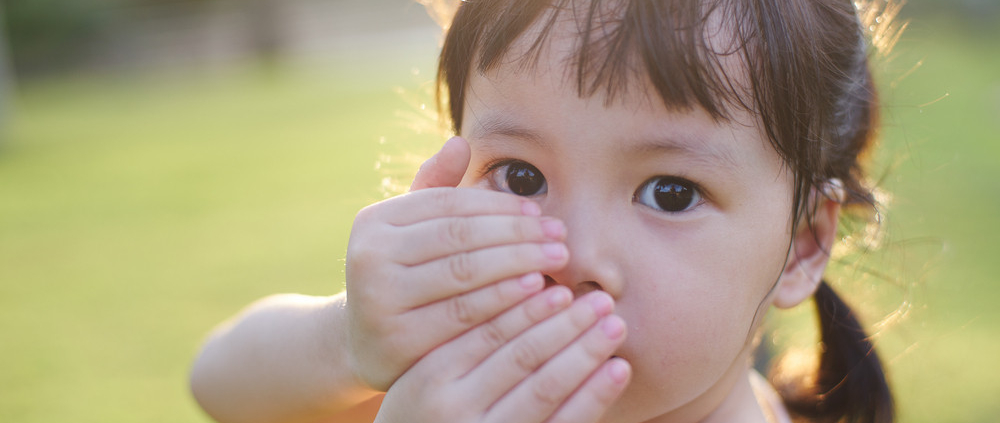How Anxiety Manifests in Children
Anxiety is a mental health condition that can affect people of every age, including children. According to the American Academy of Pediatrics, approximately 16% of children under six have significant mental health problems that call for clinical attention. However, when children experience problems like anxiety, they may not say they feel anxious or need quiet time. Let’s review how anxiety manifests in children and how anxiety therapy treatment can help.
Physical Symptoms
Children often experience physical symptoms in conjunction with mental health conditions like anxiety. A child may have frequent stomachaches or a lowered appetite. Fatigue is another common symptom that may cause a child to feel exhausted no matter how much sleep they get. If you notice these signs in your child, anxiety may be the root cause of their struggles.
Hyperactivity
Children with anxiety sometimes exhibit hyperactive behavior. They may have difficulty sitting still, leading to them acting out in settings like classrooms. Restlessness and fidgeting are frequently seen in children who experience this symptom. Through anxiety therapy treatment, children can learn how to cope with feelings of anxiety to minimize behavioral disruptions.
Avoidance and Attachment
Children who experience anxiety often try to avoid the people, places, or things that make them feel nervous. You may notice a child throwing a temper tantrum or taking other drastic measures to avoid going to a particular place. Children may also cling to things or people that make them feel safe and at ease. Anxiety therapy treatment can help children learn to address their feelings of avoidance and attachment healthily.
Worrying
Excessive worrying may go hand in hand with anxiety. A child may constantly voice concerns and fears over various possibilities that worry them, such as car accidents or house fires. If your child talks to you about fears like this, it may be a sign that they need anxiety therapy treatment.
Difficulty Focusing
Children with anxiety sometimes have difficulty concentrating on important tasks like schoolwork. Instead, they may avoid the task altogether, become frustrated that they can’t focus, or perform poorly. It’s common for children to exhibit behaviors that are often associated with other mental illnesses, such as ADHD, when they are feeling anxious. A qualified mental health professional can ensure your child receives an accurate diagnosis for symptoms like these.
While it’s difficult to watch your child struggle with anxiety, therapy can help them learn healthy coping mechanisms and enjoy their life to the fullest. If you suspect your child may have anxiety or another mental health condition, contact Elements Psychological Services LLC today.




